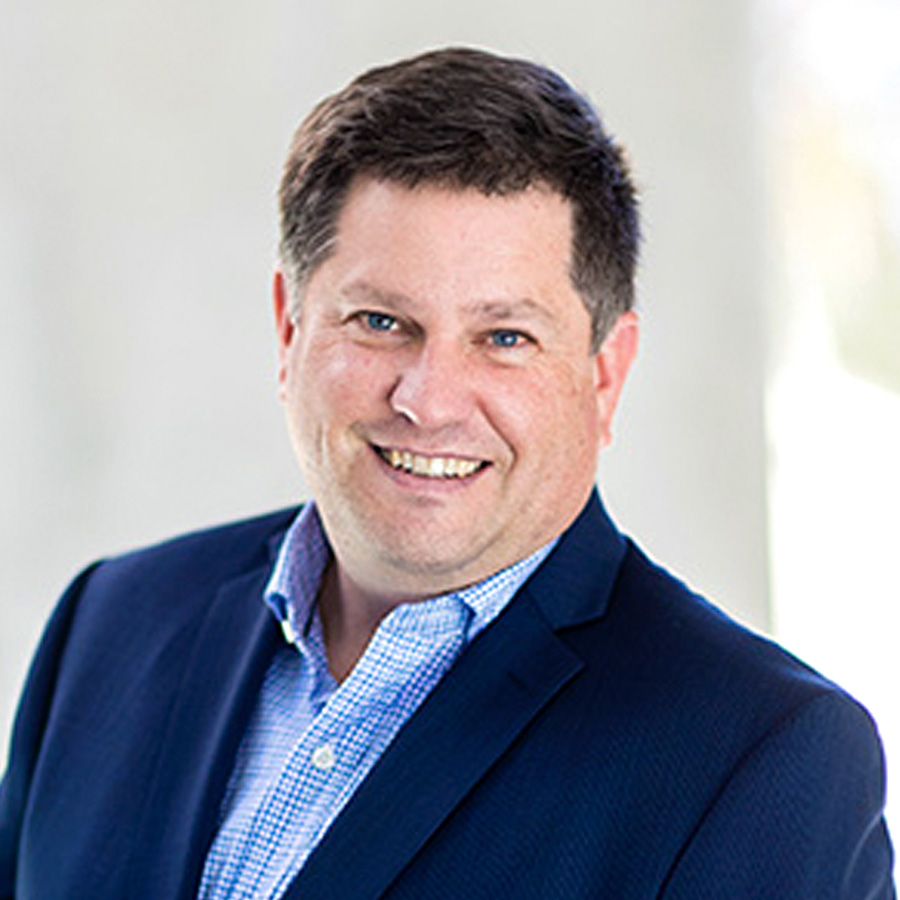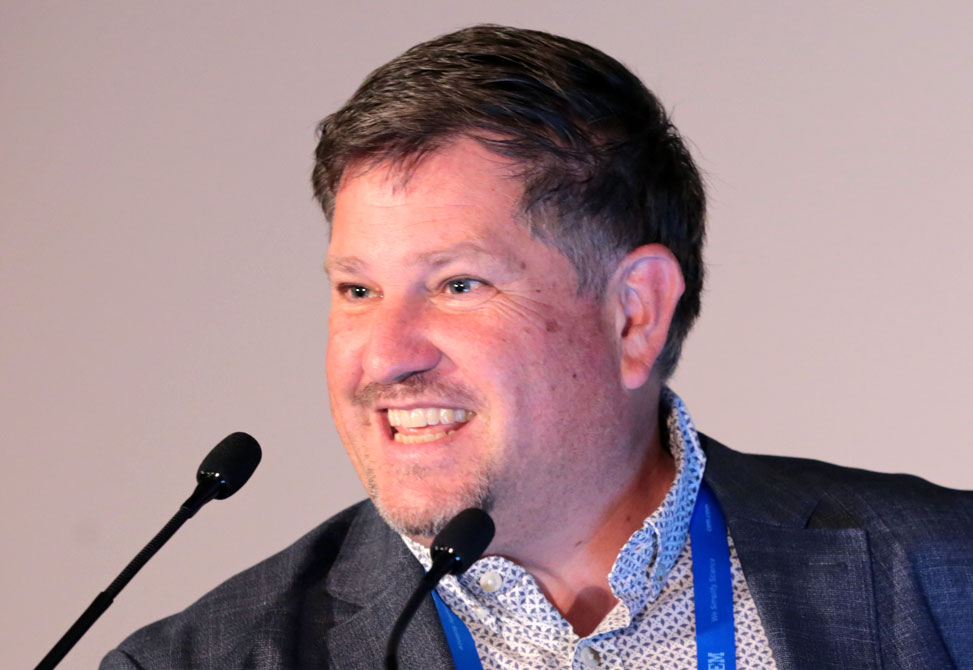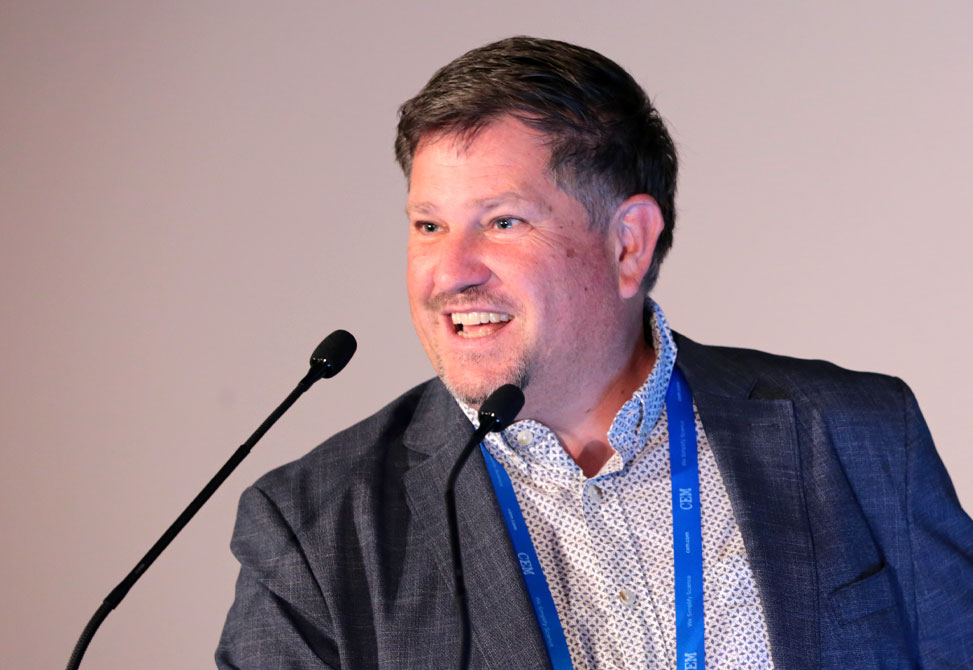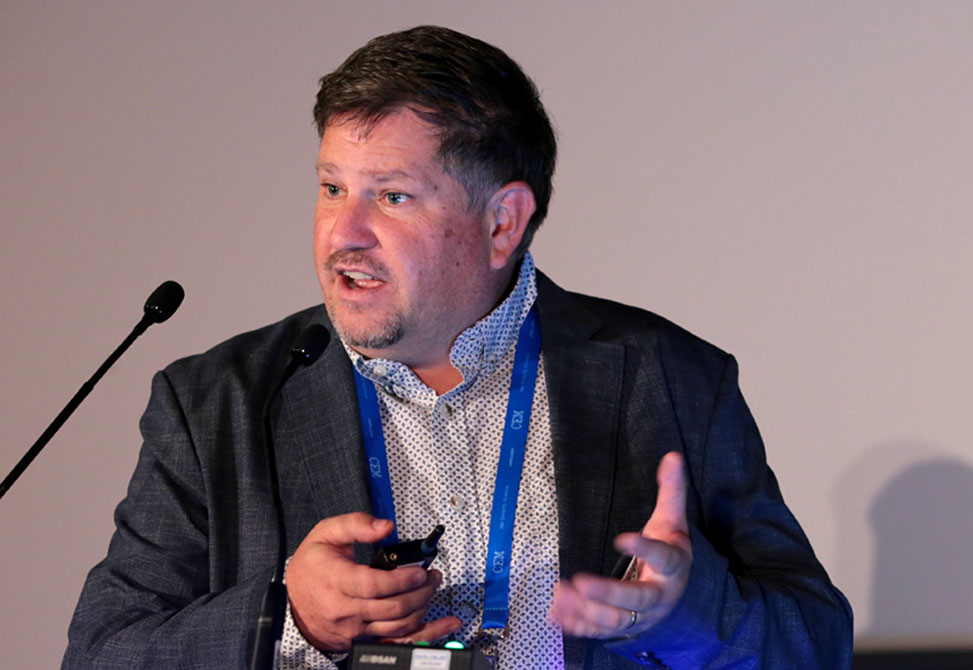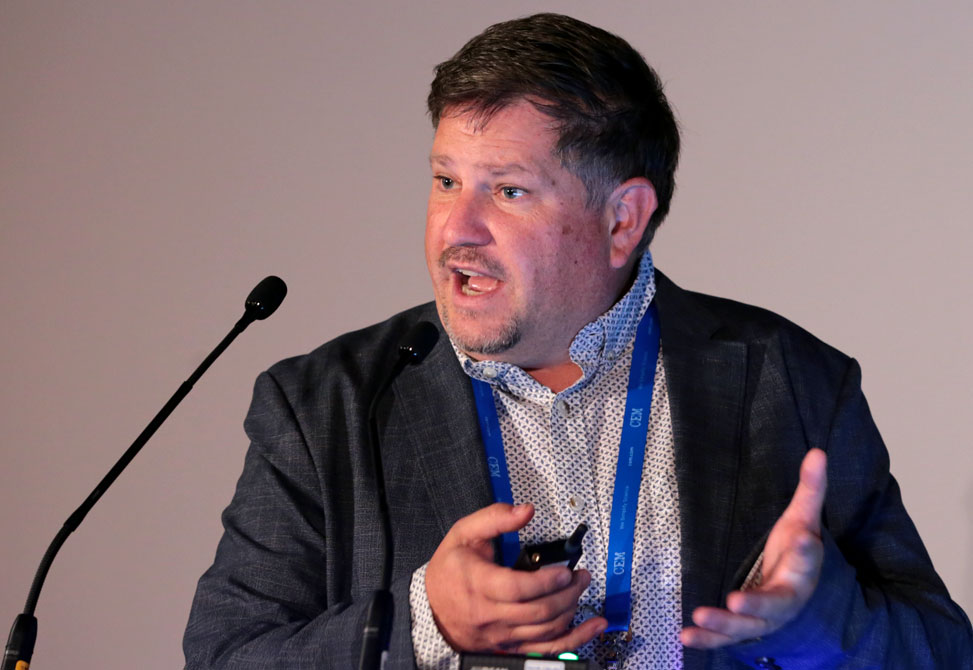Philip Dawson
Scripps Research Institute
Talk Session: SESSION 2: NEW TOOLS FOR PEPTIDE AND PROTEIN CHEMISTRY
Date: Sunday, June 12, 2022
Talk Time: 10:35 am - 11:00 am
Talk Title: Peptide Conformational Engineering Using Rigid, Low Molecular Weight Linkers
Members of the Dawson group have developed a chemical approach for the production of the large polypeptide chains that comprise protein molecules, enabling them to change the structure of a protein in ways impossible by natural means. They use solid phase peptide synthesis to generate peptides up to ~50 amino acids in length and then assemble them using chemoselective reactions to make proteins up to ~150 amino acids in length.
This –chemical ligation– approach greatly facilitates the synthesis of proteins of moderate size and has opened the world of proteins to the synthetic tools of organic chemistry.
Chemical ligation can be extended to biologically expressed proteins enabling the semisynthesis of proteins of unlimited size that contain fluorophores or cross-linking agents at defined positions. The group's goal is to introduce non-coded amino acids and other chemical groups into proteins to better understand the molecular basis of protein function.
The manipulation of peptide structure through macrocyclization has become established as a powerful approach for the development of potent peptide based ligands and inhibitors. We have also developed a robust approach for the introduction of diyne linkers into peptides using ligand optimization to promote the Glaser reaction. The resulting rigid, linear 7Å linkage is highly effective for linking macromolecules.
In addition, when performed in an intramolecular context, diyne linkers can be utilized as tethers or as staples to stabilize alpha helical structures. Importantly, highly strained diyne macrocycles have been synthesized that fully extend the peptide backbone, providing exceptional mimics of beta strand structures. The synthesis, structure and application of diynyl-peptides will be discussed.
